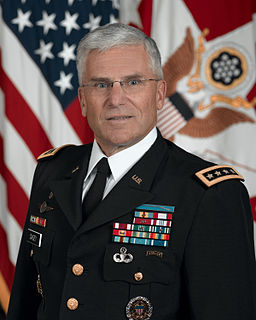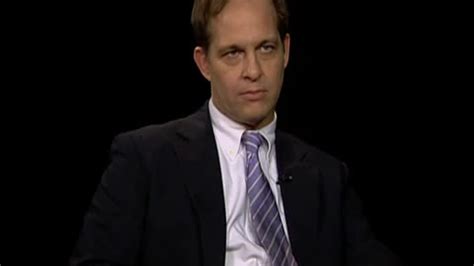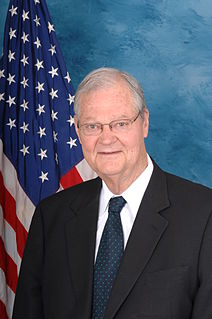A Quote by David Petraeus
During the surge and in the years after the surge, Iraqi forces fought and died for their country at vastly higher numbers than did U.S. and coalition forces. We know that they can fight.
Related Quotes
No one writes better historical fiction than Steven Pressfield. The Afghan War that was waged by Alexander the Great 2000 years ago is eerily similar to the one that's being fought today. This book should be required reading for anyone who wants to better understand what American and Coalition forces are up against in one of history's most tribal and troubled regions.


































